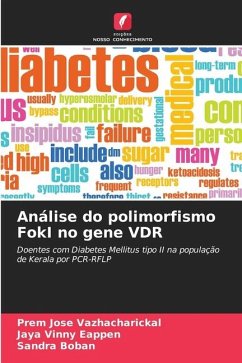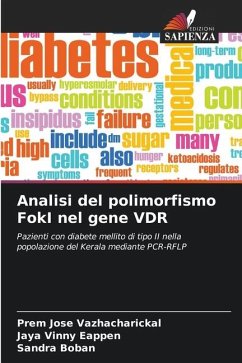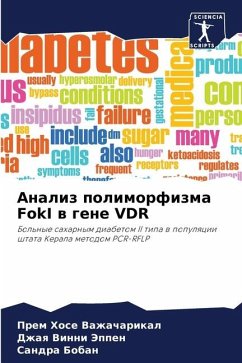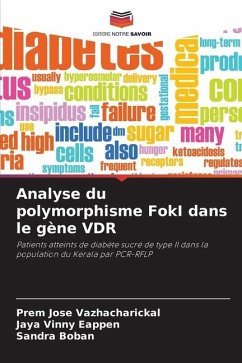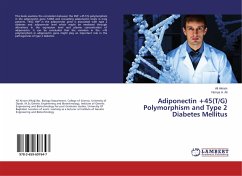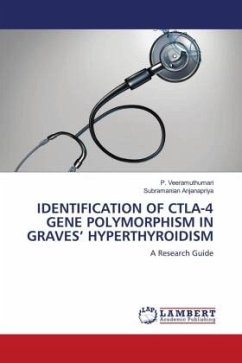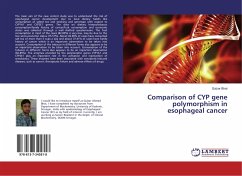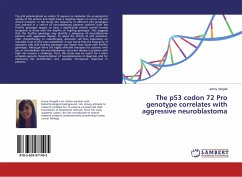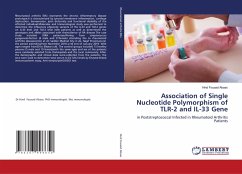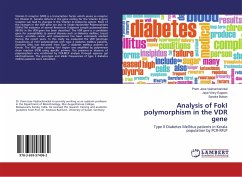
Analysis of FokI polymorphism in the VDR gene
Type II Diabetes Mellitus patients in Kerala population by PCR-RFLP
Versandkostenfrei!
Versandfertig in 6-10 Tagen
24,99 €
inkl. MwSt.

PAYBACK Punkte
12 °P sammeln!
Vitamin D receptor (VDR) is a transcription factor which serves as receptor for Vitamin D. Genetic defects in the gene coding for the Vitamin D gene receptor can lead to changes in the Vitamin D endocrine system. Most of the changes in the VDR gene are due to Single Nucleotide Polymorphisms (SNPs).The existence of several Restriction Fragment Length polymorphisms (RFLPs) in the VDR gene has been described. The VDR gene is a candidate gene for susceptibility to several diseases such as diabetes mellitus, breast cancer, prostate cancer and osteoporosis has been extensively studied during the rec...
Vitamin D receptor (VDR) is a transcription factor which serves as receptor for Vitamin D. Genetic defects in the gene coding for the Vitamin D gene receptor can lead to changes in the Vitamin D endocrine system. Most of the changes in the VDR gene are due to Single Nucleotide Polymorphisms (SNPs).The existence of several Restriction Fragment Length polymorphisms (RFLPs) in the VDR gene has been described. The VDR gene is a candidate gene for susceptibility to several diseases such as diabetes mellitus, breast cancer, prostate cancer and osteoporosis has been extensively studied during the recent years. In this study we evaluated the VDR genotype frequencies of FokI polymorphism with type 2 diabetes mellitus patients. Genomic DNA was extracted from Type 2 diabetes mellitus patients of Kerala. The VDR gene carrying FokI region was amplified by polymerase chain reaction (PCR) using specific primers. The presence or absence of polymorphism was confirmed by PCR-RFLP analysis through agarose gel electrophoresis. The genotypic and allelic Frequencies of type 2 diabetes mellitus patients were calculated.



